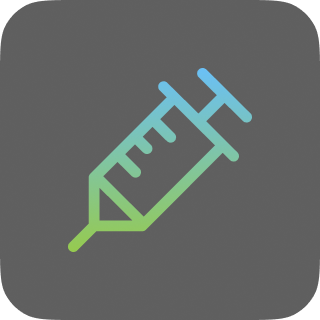What Is Veganism?
Veganism is more than a diet. It is a lifestyle. Generally speaking, vegans do not consume any products that were or are derived from animals, tested on animals, made using animal labor, or involved in any other way with the perceived suffering of animals.
They do this for a combination of three different reasons, including:
Health
Ethical (animal cruelty)
Environmental (the environmental impact of raising animals for food is profound)
What Nutrients Do Children Need From Meat and Dairy? Can They Get Them Elsewhere?
Let’s look at some essential nutrients that children need that typically come from animal products and where they can get them.
Protein
One of the biggest concerns for pediatricians for children on vegan or vegetarian diets is ensuring they are consuming enough protein. Luckily, there are many alternatives. Soy products (tofu, soy meat substitutes, etc.) have tons of protein and are popular and can be found in most stores. Seitan, lentils, beans, and quinoa are also high in protein.
Calcium
When we think about calcium, we think of milk, but the truth is that kids can get more than enough calcium from fortified orange juice, beans, fortified soy/almond/coconut milk, and greens.
Vitamin D
Vitamin D is also found in milk. However, you can also get it from mushrooms, fortified soy/almond/coconut milk, fortified cereals, and sunshine (but do not forget your sunscreen)!
Fat
There are many sources of healthy fats besides meat and dairy–including nuts, avocado, and olive oil.
Iron
Plant sources of iron include iron-fortified cereals/breads/grains, beans, green leafy vegetables, dried fruits, soy products, and bulgur.
Vitamin B12
Strictly vegan diets place children at risk for Vitamin B12 deficiency because animal products provide the only dietary source of Vitamin B12 for humans. Look for fortified foods (cereals, soy milk), and if needed, a daily supplement may be added.










